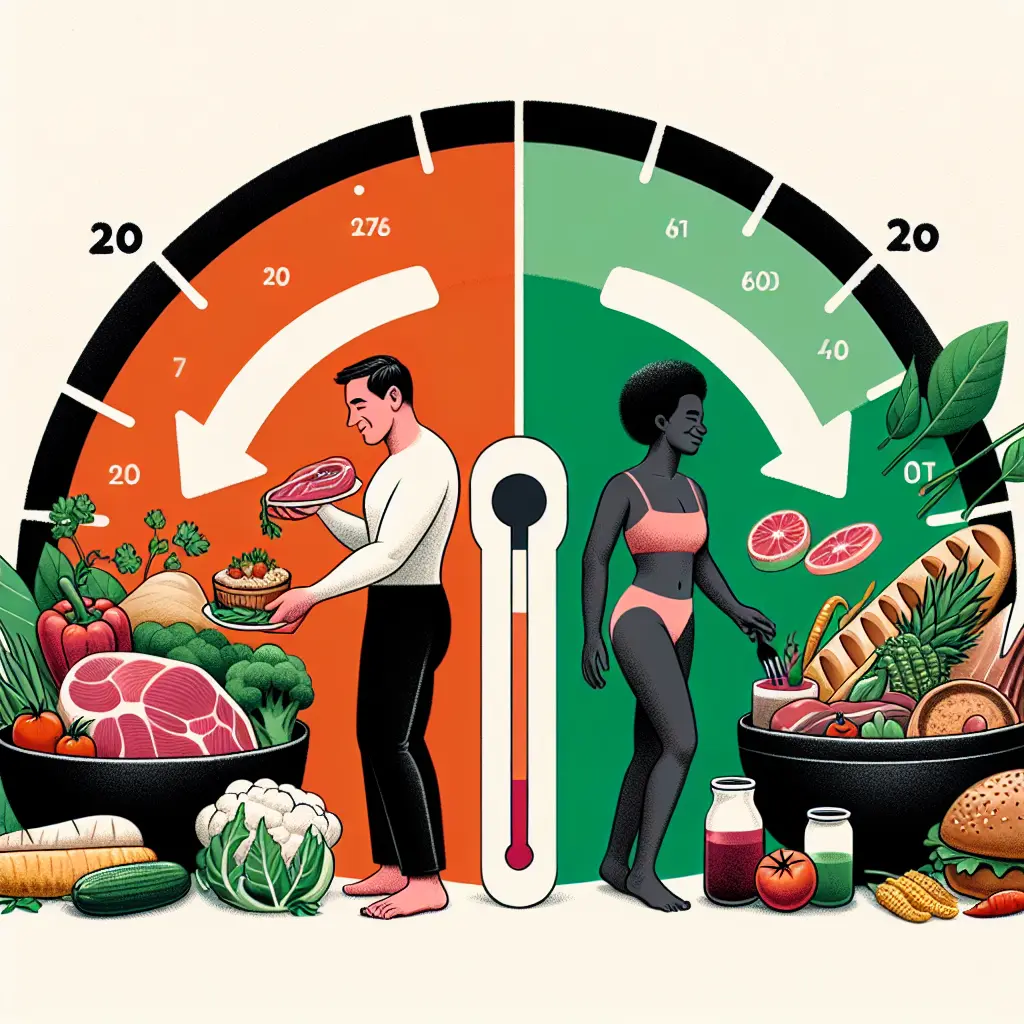
As the world becomes increasingly aware of the environmental consequences of our lifestyle choices, more people are exploring the benefits of adopting a plant-based diet. Not only does this diet offer significant health advantages, but it also plays a crucial role in carbon footprint reduction. In this blog post, we will delve into how transitioning to a plant-based diet can minimize your environmental impact, with a focus on recent developments and initiatives that underscore the importance of sustainable eating habits.
The Impact of Meat Consumption on the Environment
The traditional meat-heavy diet has profound implications for our planet. Studies show that meat production is one of the largest contributors to environmental problems, including deforestation, water scarcity, and biodiversity loss. More critically, it is a significant source of greenhouse gases, which are key drivers of climate change. According to research from the University of Oxford, switching to a vegan diet could reduce an individual’s carbon footprint from food by up to 73 percent.
Vegan Diet and Climate Change
The direct correlation between a vegan diet and climate change mitigation cannot be overstated. Reducing the consumption of animal products lowers the demand for meat production, which in turn diminishes the greenhouse gases emitted during the process. For instance, methane, a potent greenhouse gas released primarily from livestock, is significantly reduced when meat is off the menu.
Sustainable Eating Habits and Eco-Friendly Diets
Adopting sustainable eating habits such as a plant-based diet not only helps in reducing greenhouse gases but also conserves natural resources. A plant-based diet requires less land, water, and energy than diets high in animal products. This transition supports the sustainability of our food systems and promotes biodiversity.
Recent Initiatives Highlighting the Shift Towards Sustainability
Solar Energy Projects: Recent initiatives such as the construction of a new solar array at Eagle’s wastewater treatment facility and similar projects at the Westin Maldives Miriandhoo Resort and community centers in Lodi and Thornton demonstrate a broader shift towards sustainable energy solutions. These projects not only reduce carbon emissions but also highlight the interconnectedness of various sustainability efforts including eco-friendly diets.
Investment in Clean Technology: The Alberta government’s investment in a Calgary-based lithium company is another step towards sustainability. Lithium is crucial for battery storage systems, which are key to expanding renewable energy, thereby supporting low carbon diet options indirectly by reducing dependency on fossil fuels.
Corporate Responsibility: In light of debates such as those sparked by Taylor Swift's private jet usage, it's clear that sustainability isn't just about individual choices but also about corporate and governmental actions. While individuals can contribute by adopting a plant-based diet, significant environmental benefits come from systemic changes.
Technological Advancements in Events: The discussion by Panasonic Connect about their technologies for the Paris 2024 Olympic Games is an example of how large-scale events are embracing sustainability. Such technologies can minimize environmental impacts and inspire millions to consider sustainable practices in all aspects of life, including food consumption.
Transportation Innovations: The next wave in sustainable transportation also complements the shift towards a plant-based diet by reducing overall carbon emissions. This holistic approach to sustainability is crucial for meaningful climate change mitigation.
Benefits of Vegetarianism
While veganism is often highlighted for its zero-tolerance policy towards animal products, vegetarianism also offers substantial environmental benefits. By eliminating meat, vegetarians significantly reduce their environmental impact, though to a slightly lesser degree than vegans due to the consumption of dairy and eggs.
Low Carbon Diet Options
For those transitioning to a plant-based diet, there are numerous low carbon options that can help ease the change without compromising nutritional value. Foods like legumes, grains, nuts, fruits, and vegetables are not only low in carbon emissions but also rich in essential nutrients.
Conclusion
The environmental benefits of veganism and vegetarianism are evident and backed by science. As we face urgent climate challenges, integrating plant-based foods into our diets is not just a personal health choice but a global necessity. The recent surge in sustainable projects and corporate shifts towards greener policies provides a hopeful outlook for the future.
As we continue on this journey, let us choose forks over footprints, embracing plant-based diets as both a path to personal health and a strategy for planetary survival.
Simon Caldwell